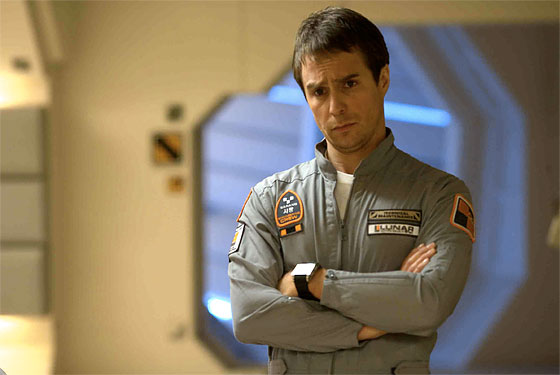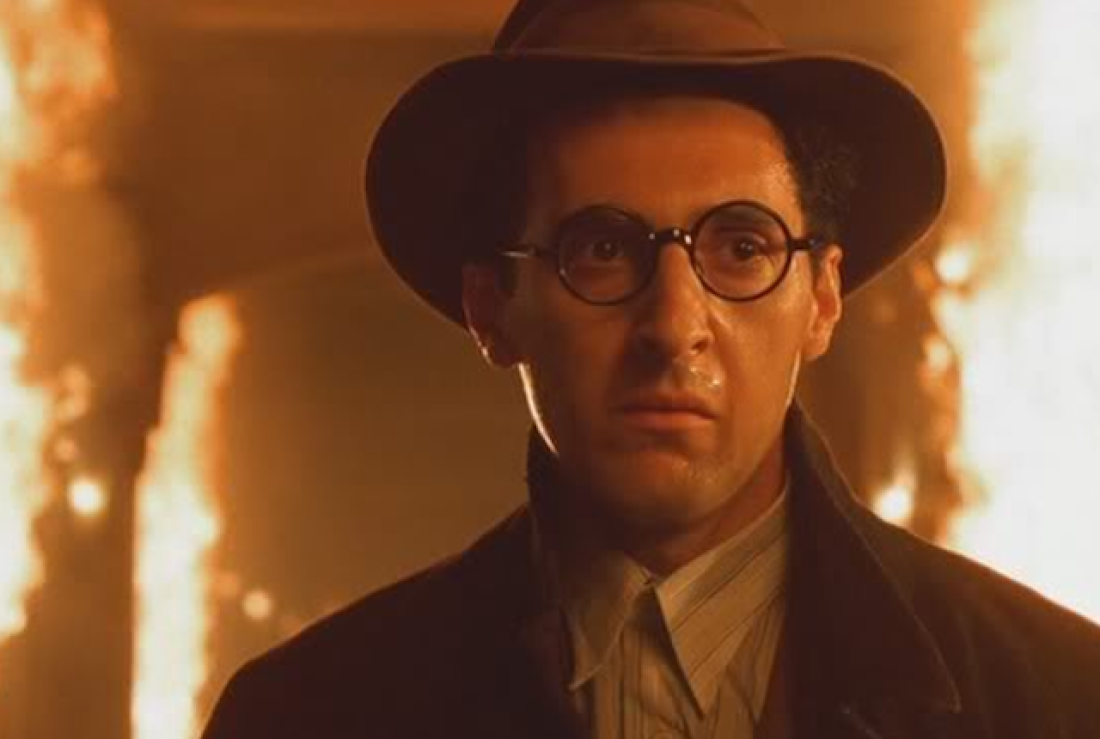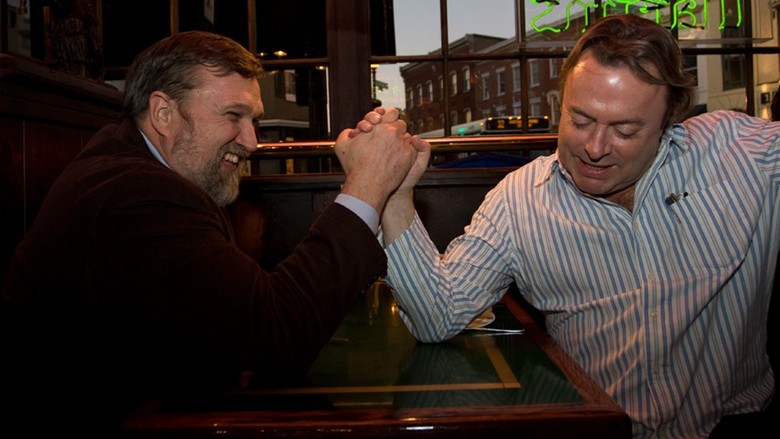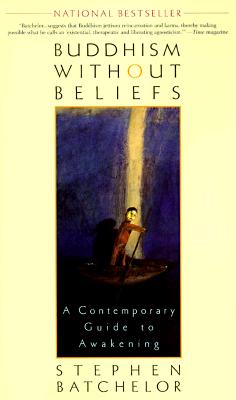 Two unlikely facts collided at the event of my birth, with potentially lethal consequences. The first fact concerned the genes that my parents carried in their cells. The second concerned the memes they carried in their heads.
Two unlikely facts collided at the event of my birth, with potentially lethal consequences. The first fact concerned the genes that my parents carried in their cells. The second concerned the memes they carried in their heads.
Genetics first: my father was Rh-positive; my mother was not. They had a son before me who inherited the paternal blood type. His birth was without incident, but it set up potential problems for subsequent children. For during the violent process that is childbirth, some of my brother’s blood was introduced into my mother’s circulation, and her immune system, having never seen this Rh-feature before, developed antibodies against them, and would remain permanently antagonistic toward such cells. This was not an issue until it was my turn to arrive. As again some amount of blood was exchanged during birth, my mother’s antibodies found their way into my bloodstream, and began their destructive work on my cells. This is, and was at the time, a well-understood condition, called Hemolytic Disease of the Newborn. It can result in anemia, seizures, brain damage, and death.
This disease is straightforward to treat: the infant’s blood is simply exchanged. The antibodies from the mother are pumped out, and Rh-positive blood is pumped in.
Now as for my parents’ memes: as they were Jehovah’s Witnesses, they were carriers and victims of a set of wild ideas about Life, God, and How We Are Supposed To Act. Witnesses believe in all manner of nonsense, but critical here is their idiosyncratic interpretation of particular Bible passages, such as Acts 15:28-29:
For it seemed good to the Holy Ghost, and to us, to lay upon you no greater burden than these necessary things; that ye abstain from meats offered to idols, and from blood, and from things strangled, and from fornication: from which if ye keep yourselves, ye shall do well.
They read this as an injunction to abstain from blood entirely: it isn’t just an edict against imbibing it, but against taking it intravenously. Even to save your life. Or your child’s life.
As these two facts came together in early 1967, my father informed the medical staff that the transfusion was not an option. The hospital thought otherwise, thankfully, and obtained a court order from the state to proceed with the transfusion. My father was also given some education involving terms such as manslaughter, in order to help dissuade him of any thoughts about absconding with me or otherwise attempting to prevent the treatment. The blood exchange was performed and I recovered in accordance with the expectations of medical science.
I learned of all this when I was an adult, long after my parents had split up, and my mother told me about it, at last lifting a decades-old burden from her conscience. Although they were both Witnesses at the time of my birth, my mother’s innate maternal senses overruled the religious mandates, though she kept this to herself. Privately she was quite glad that the State of New York stepped in to save her child’s life.
From day one, my life has been profoundly affected by religion. As you might imagine, I’m not sympathetic to the views of the Witnesses in particular, or organized religion in general.
Not every Witness child requiring serious medical attention is saved by the courts. Sometimes the parents prevail–usually with an older child trained well enough to parrot their parents’ views and convince a judge of a certain level of maturity; enabling them to effectively choose suicide, a choice, ironically, that most religions will not extend to terminally ill, suffering adults.
A gruesome series of such accounts can be found in the May 22, 1994 issue of the Witnesses’ Awake! magazine. ”Youths Who Put God First” is the cover story, and it details case histories for a number of children who managed to avoid a blood transfusion and subsequently died. Vignettes of young lives cut short by wasting disease are troubling; far more disturbing is the article’s celebration of their martyrdom. And it seems as if we’ve become numb to this sort of idiocy these days, with the routine suicide bombings in the ”holy lands” that originate from the same irrational mindset.
For, just as with religious terrorists, the motivation behind the stupefying actions of the Witnesses is a hysterical concern with What Happens Beyond The Grave. Open the their literature and the root causes for their behavior are laid bare. They firmly believe in an Armageddon that is imminent, where God will launch a massive assault upon the earth, from which only they will be spared. After that, eternal life in Paradise awaits.
Whereas the Islamic version of heaven seems tailored to appeal to sexually repressed males and their hopes for unending pleasures of the flesh, the Witnesses would seem to target a younger audience. Their ubiquitous, colorful renderings of Paradise On Earth feature pastoral scenes of seaside picnics, exuberant families of young and old, racial harmony, and always the animals. A docile lion that allows children to climb all over him has appeared more than once (right now I’m looking at one of their illustrations where a beach ball lies between the ex-carnivore’s paws). If you want your Youth To Put God First, pandering to their innate affinities can’t hurt.
Obviously, the children discussed in the Awake! story demonstrated great courage, which I don’t mean to disparage, but I do mean to attack the root causes that forced them to act so. To persuade them to honestly believe they’d go to a better place–for eternity–by employing fantasies that would strengthen their resolve to suffer a needless death, is simply evil. These children are to be pitied. The monstrous ideas, institutions, and adults that put them in such situations, that misinformed their decisions with such lethal nonsense, are to be reviled.
The concepts of eternal rewards, and the suffering and trials needed to secure them, seem part of our interior makeup. When used as a template for narrative, when the mythology stays allegorical, when it all lies merely at the heart of a story arc, then they enliven and make resonant much of our literature and lore. But when religions wield them and bully us into taking them literally, all manner of conflict and misery result.
The original work that this book parodies, Dante’s Divine Comedy, blends both the allegorical and literal perspectives of religious myth. Read it like Homer’s Odyssey and see a perilous quest to find a peaceful home at last. Read it literally and see magnificent poetry wasted on the religious nonsense of a backward age. (Imagining what his immense talents might have celebrated had he lived in an age of human progress is what first inspired me to build my own narrative with the structure he used.)
Dante’s trip through Hell, great literature that it is, was motivated by the ethics of punishments and rewards, where God’s wrath is to be avoided and eternal bliss is to be achieved. Dante’s trepidation in Hell is palpable at times, but it’s always quite clear that he’s not really in danger of becoming a permanent resident. He’s a tourist; a student going through a process of striking and effective deterrence, like a seventh grader in shop class, forced to watch a documentary film that might have been named What Happens To Kids Who Don’t Wear Safety Glasses. Even before he completed the entire odyssey, the fate of Dante’s soul was never really in doubt. The visit to Hell was temporary. Paradise would be forever.
Dante’s choice to tour that terrifying abyss may be seen as a brave act by some, but it absolutely pales in comparison to another momentous literary decision involving eternity and Hell. A choice that was made by an astounding character that appeared some six hundred years later; a homeless waif on a different kind of odyssey: Huckleberry Finn, who was definitely not A Youth Who Put God First.
In Chapter 31 of his Adventures, struggling to do his duty and return the slave Jim to his owner, Huck is certain that Providence watches his every move with great interest. Will he attempt to purchase the tenuous freedom of a being considered subhuman, at the cost of his own soul? The climax of the book is the moment he finds the courage to ignore the sticks and carrots proffered by the religion of his society, and to make the bravest choice of all–to act true to his own self and his own conscience:
I was a-trembling, because I got to decide, forever, betwixt two things, and I knowed it. I studied a minute, sort of holding my breath, and then says to myself: ”All right then, I’ll go to hell.”
He does the right thing, and he does it in spite of a certain conviction that he will suffer endless torment for it. A more breathtakingly moral decision would be a challenge to find in any other works of literature, including those considered to be ”holy” books.
”There has never been an intelligent person of the age of sixty who would consent to live his life over again. His or anyone else’s.” Mark Twain wrote, and given the era, I can’t say I blame him. And as he set out in his little known, satirical Letters from the Earth, heaven did not look to be much more desirable than the other place. I hope he’d forgive me for bringing him back to life in my story. Based on his affinity for contraptions (he invested heavily, and without profit, in an 18,000-part automatic-typesetting machine called the Paige Compositor, about which he wrote, ”All the other inventions of the human brain sink pretty nearly into commonplaces contrasted with this awful mechanical miracle…”), I thought it fitting to perform his resurrection by extrapolating forward the information technologies that have proliferated in our time, technologies that connect words and machines in ways that likely would have pleased him greatly.
Two examples of such extrapolation can be gleaned from the writings of professors Nick Bostrom and Frank Tipler. Bostrom, an Oxford philosopher, developed a clever argument for the so-called Simulation Hypothesis, which asserts a nonzero probability that we are all living in a vast computer simulation, while Tipler, in his book The Physics of Immortality, proposes an ”Omega Point” in the future where humans have colonized space, built supercomputers that can support human consciousness, and resurrected everyone who has ever lived. However small the likelihoods of such eventualities, they at least provide semi-plausible examples of purely naturalistic ways in which ”godlike” power could eventually develop and how a kind of eternal life could occur. They are more credible than anything traditional religion ever offered, and afford us an opportunity to look at such admittedly fascinating concepts as immortality, for once, through a lens not smeared with the dirty thumbprints of theism.
Many fine people are believers, of course, and I would be amiss not to acknowledge the important function religion often serves in providing narratives for our lives. Most of us seem to need a structure around which to base our actions. But that scaffolding can be built from better materials than a black rock in the desert or splinters of a cross. Purpose can be found without stupefying dogma and life-threatening irrationality to accompany it. To set out my own narrative, of how we err, and how wishful thinking can lead us so wrong, is why I wrote the parody that follows. Mix in equal parts of love for Dante’s genius and Twain’s spirit. My paradise, a destination seen at the start and end of my New Inferno, isn’t Dante’s, and it certainly isn’t the Witnesses’. It’s the world revealed by science, bit by bit through the meticulous and honest work of men and women speaking a common language, seeking understanding and benefit for all.
The paradise toward which science works is tied down to no particular geographical place, but I can’t help but locate the site of my own Divine Comedy in the state where my story started, where J.D. Salinger’s famous fictional youth descended through his personal inferno to eventually glimpse paradise for a moment with his sister in Central Park. Not far from there is the Waldorf- Astoria, where my parents honeymooned and set the biological dominoes in motion that would so affect me in a few years. Where, on one side of the Brooklyn Bridge (with its odd status as a kind of icon of gullibility), sits the world headquarters of the Jehovah’s Witnesses (which may in fact be the World Headquarters of Gullibility). And where a clear and horrific demonstration of the destructive power of faith-based thinking was made in the form of an elaborately planned mass murder on a September morning.
But mostly I see the city as symbolic capital of the state that saved my life in 1967. ”I Love NY” is, for me, much more than a famous slogan.
You don’t need religion to have holy places.





 Below are some excerpts from an
Below are some excerpts from an 


 Two unlikely facts collided at the event of my birth, with potentially lethal consequences. The first fact concerned the genes that my parents carried in their cells. The second concerned the memes they carried in their heads.
Two unlikely facts collided at the event of my birth, with potentially lethal consequences. The first fact concerned the genes that my parents carried in their cells. The second concerned the memes they carried in their heads.